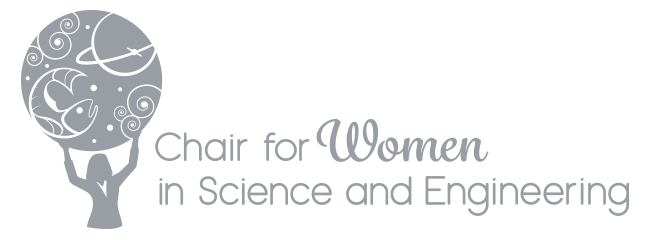#iAmBiomed because I want to improve the future of healthcare
Melissa's Biography
Melissa Kozak started working with the Techna Institute as a Clinical Engineer in April 2015. Before that, she worked as a Human Factors Engineer with HumanEra at UHN, where she used human factors methods and frameworks to identify risks and opportunities to improve safety in a variety of healthcare settings across Canada. Her more recent work has focused on electronic documentation of patient outcomes, improving oncology safety, and developing in-house human factors capacity in a Canadian oncology centre. Melissa has an MHSc. Clinical Engineering degree from the University of Toronto (2010) and a BSc. Mechanical Engineering degree from Queen’s University (2006).
I’m currently working as a Clinical Engineer with the Techna Institute at UHN. Techna has many interesting projects on the go, and right now I’m heavily involved with the Cancer Informatics group. Our team has developed an app that provides oncologists with clinical context and allows them to document patient outcomes in the clinic. My favourite part of the job is collaborating with oncologists to improve their user experience and support their clinical workflow. When oncologists begin to interact with the app we can learn first hand what works well and what still needs to be improved.
My degrees in engineering certainly allowed me to get to where I am today career-wise. I think my Clinical Engineering degree prepared me well in terms of the domain knowledge required to work in a hospital or healthcare environment. More generally though, both engineering degrees provided me with a solid foundation for how to approach problems and problem solving.
What still surprises me about a career in engineering is the breadth of careers that are possible, stemming from even a single, specialized engineering degree. Thinking back to when I graduated six years ago, I had no idea I’d end up working on the types of projects that I do now.
The most interesting types of projects I’ve been involved with have been working with different hospitals across the country to evaluate their processes and make recommendations to improve staff and patient safety. Having that outside set of eyes allowed me to question the routines that we often develop after working in a particular way for a period of time, and this led to some interesting eureka moments with clients.
I decided to pursue a career in this field because I wanted to do something that had an impact on my community, both near and far. Absolutely everyone I know will access the healthcare system at some point, often during the most difficult and stressful time in their lives, and so devoting my time and energy to improving that system seems to me like a vocation well worth pursuing.
My vision for women in science and engineering in the next 25 years is that we no longer have to promote science and engineering to young women. Ideally I’d like to see our society get to the point where science and engineering become a natural and common career choice for young women. Raising awareness and promoting the exciting career options available to women is one of the ways I help to support this vision.
For any young women pursuing a career in my field, I’d recommend they take advantage of internships to connect with different companies, hospitals and other health-related groups. There is a lot of variety in terms of what you could do with a biomed degree and I think that internships are a great way to learn whether you want to work in the public or private sector, as well as whether you want to focus in on a particular specialty, or to be more broad.


